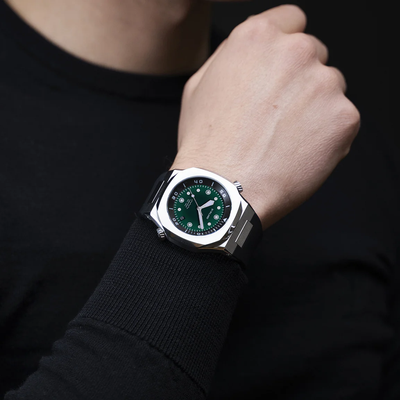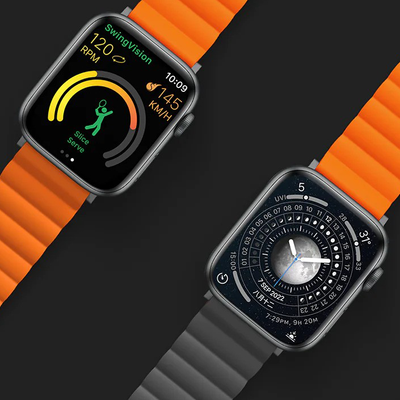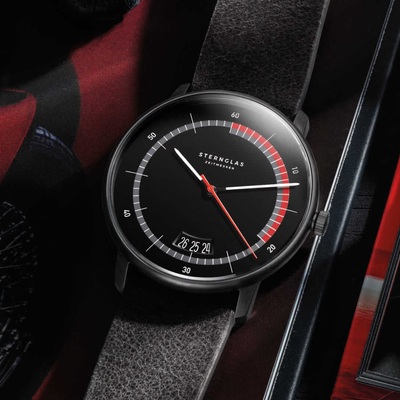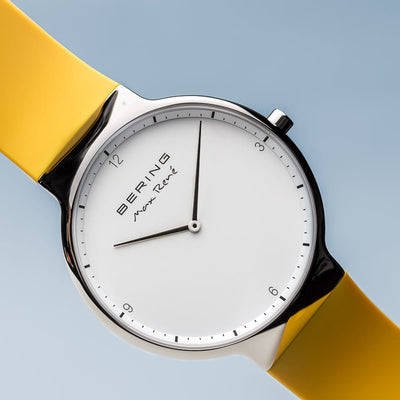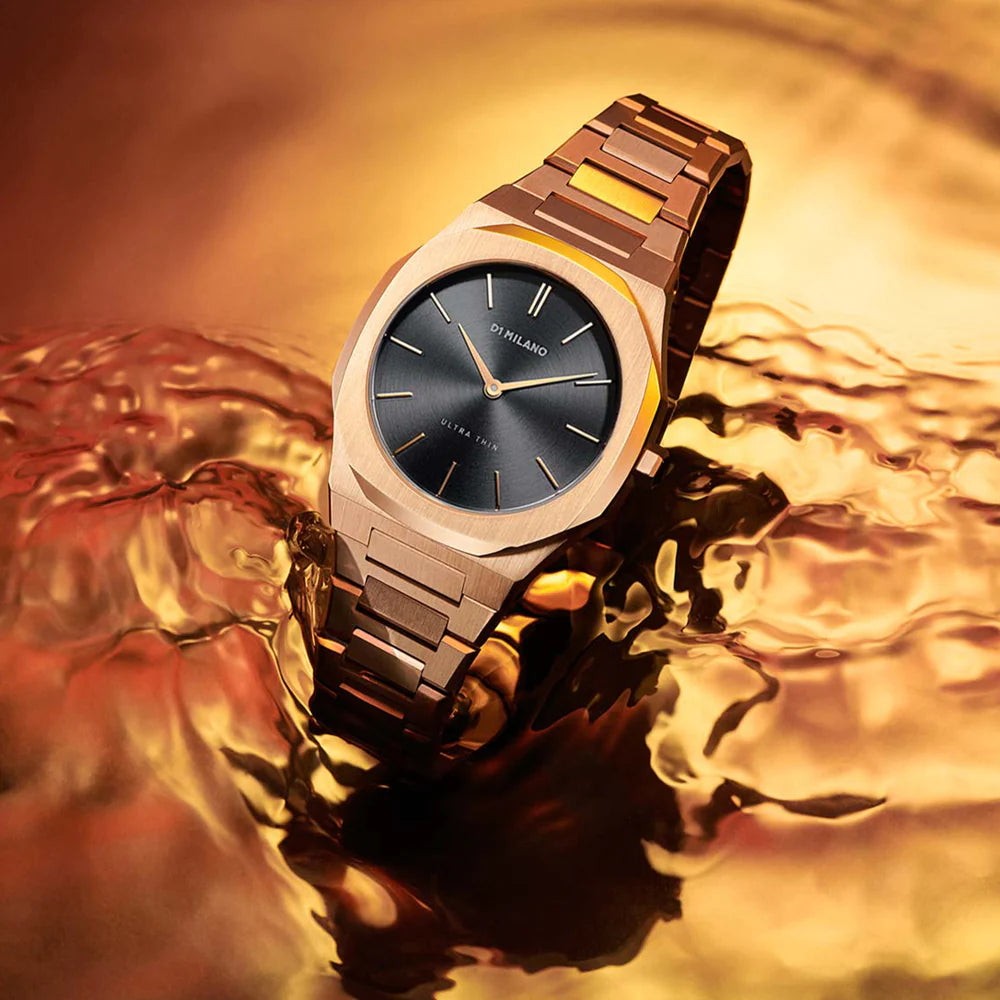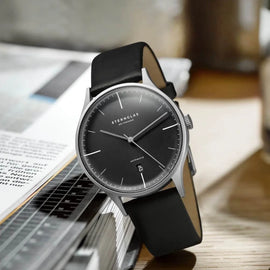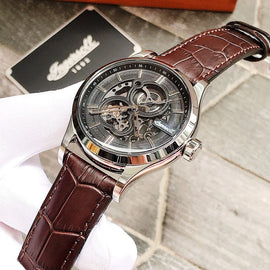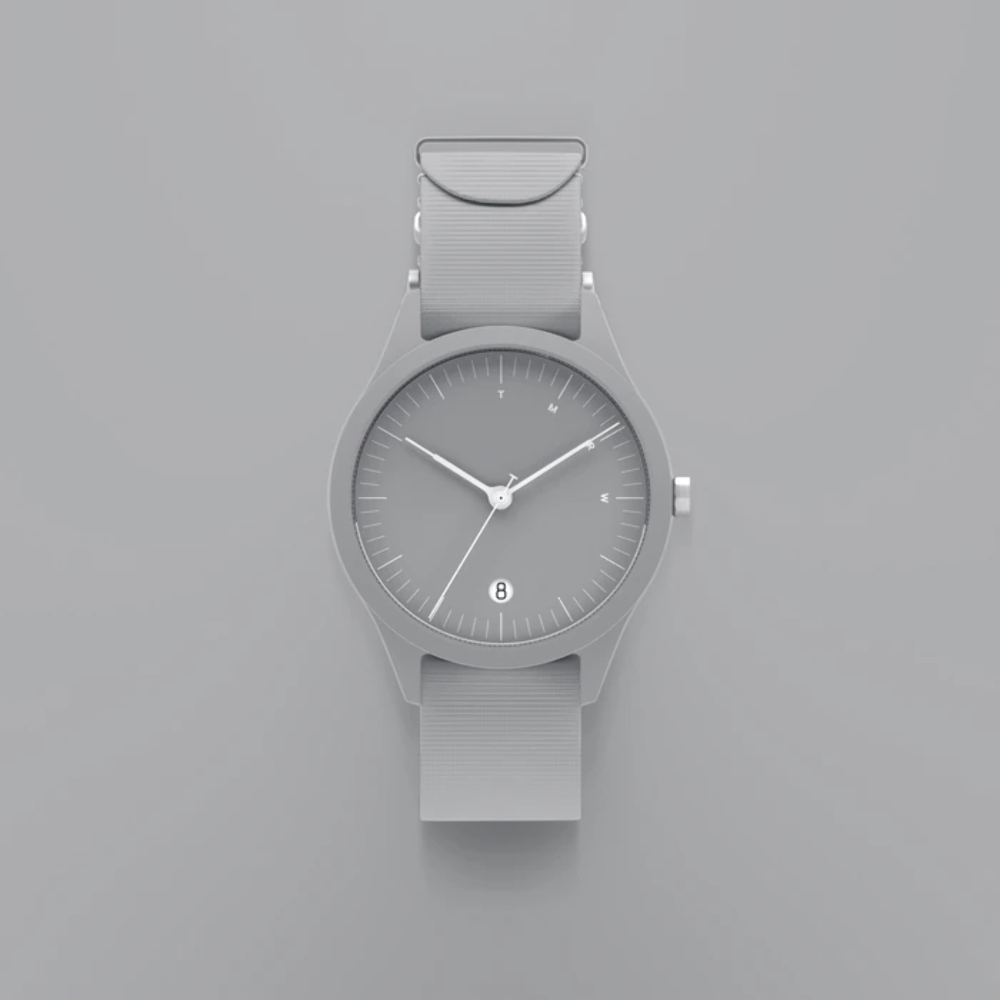A quartz watch is a type of timepiece that uses an electronic oscillator regulated by a quartz crystal to keep time. Unlike mechanical watches that rely on mechanical movement and springs, quartz watches utilize a battery-powered electronic movement. Quartz watches are known for their accuracy, low maintenance, and affordability. Here's how a quartz watch works:
-
Quartz Crystal: At the heart of a quartz watch is a small, thin piece of quartz crystal, typically shaped like a tuning fork. The quartz crystal is made of silicon dioxide and is precisely cut to vibrate at a specific frequency when an electric current is applied to it.
-
Battery-Powered Circuit: The watch movement includes an integrated circuit powered by a small battery. This circuit sends electrical pulses to the quartz crystal, causing it to vibrate at its natural frequency, which is typically 32,768 times per second.
-
Frequency Conversion: The vibrations of the quartz crystal are converted into electrical signals by the integrated circuit. These signals are then passed through a frequency divider, which reduces the high frequency to produce one pulse per second.
-
Timekeeping: The one pulse per second signal is used to regulate the timekeeping mechanism of the watch. It drives a stepper motor or a series of gears, which moves the watch hands in precise increments, indicating the time on the dial.
-
Accuracy: Quartz watches are highly accurate due to the consistent vibrations of the quartz crystal. They are capable of keeping time within a few seconds per month, significantly more accurate than most mechanical watches.
-
Low Maintenance: Quartz watches require minimal maintenance. The battery typically needs to be replaced every one to three years, depending on the watch model and battery life. Unlike mechanical watches, quartz watches do not need regular winding or adjustment.
-
Wide Availability and Affordability: Quartz watches are widely available and come in a wide range of styles, designs, and price points. They are generally more affordable than mechanical watches, making them accessible to a broad range of consumers.
Quartz watches revolutionised the watch industry when they were introduced in the 1960s and 1970s, bringing reliable timekeeping to the masses. Their accuracy, reliability, and low maintenance have made them popular choices for everyday wear and practical timekeeping needs.
Find similar articles
Watch-types

